New Orleans is a city and a metropolitan area in the U.S. state of Louisiana.
Contents
New Orleans may also refer to:
New Orleans is a city and a metropolitan area in the U.S. state of Louisiana.
New Orleans may also refer to:

Lloyd Price was an American R&B and rock 'n' roll singer, known as "Mr. Personality", after his 1959 million-selling hit, "Personality". His first recording, "Lawdy Miss Clawdy", was a hit for Specialty Records in 1952. He continued to release records, but none were as popular until several years later, when he refined the New Orleans beat and achieved a series of national hits. He was inducted into the Rock and Roll Hall of Fame in 1998.
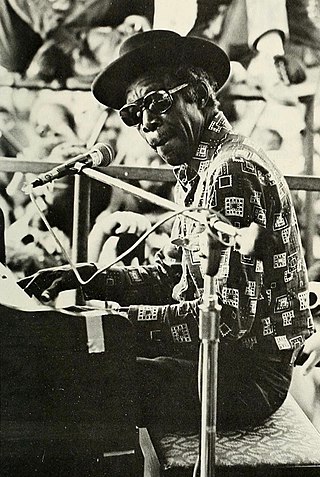
Henry Roeland "Roy" Byrd, better known as Professor Longhair or "Fess" for short, was an American singer and pianist who performed New Orleans blues. He was active in two distinct periods, first in the heyday of early rhythm and blues and later in the resurgence of interest in traditional jazz after the founding of the New Orleans Jazz and Heritage Festival in 1970. His piano style has been described as "instantly recognizable, combining rumba, mambo, and calypso".

Spencer Williams was an American jazz and popular music composer, pianist, and singer. He is best known for his hit songs "Basin Street Blues", "I Ain't Got Nobody", "Royal Garden Blues", "I've Found a New Baby", "Everybody Loves My Baby", "Tishomingo Blues", and many others.
In European tradition, a zephyr is a light wind or a west wind, named after Zephyrus, the Greek god or personification of the west wind.
The music of Louisiana can be divided into three general regions: rural south Louisiana, home to Creole Zydeco and Old French, New Orleans, and north Louisiana. The region in and around Greater New Orleans has a unique musical heritage tied to Dixieland jazz, blues, and Afro-Caribbean rhythms. The music of the northern portion of the state starting at Baton Rouge and reaching Shreveport has similarities to that of the rest of the US South.
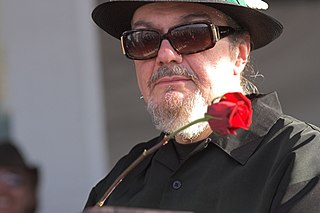
Malcolm John Rebennack Jr., better known by his stage name Dr. John, was an American singer and songwriter. His music combined New Orleans blues, jazz, funk, and R&B.

Allen Richard Toussaint was an American musician, songwriter, arranger, and record producer. He was an influential figure in New Orleans rhythm and blues from the 1950s to the end of the century, described as "one of popular music's great backroom figures." Many musicians recorded Toussaint's compositions. He was a producer for hundreds of recordings: the best known are "Right Place, Wrong Time", by longtime friend Dr. John, and "Lady Marmalade" by Labelle.

James Carroll Booker III was a New Orleans rhythm and blues keyboardist born in New Orleans, Louisiana, United States. Booker's unique style combined rhythm and blues with jazz standards. Musician Dr. John described Booker as "the best black, gay, one-eyed junkie piano genius New Orleans has ever produced." Flamboyant, and having an extraordinary technical facility, he was known as "the Black Liberace".
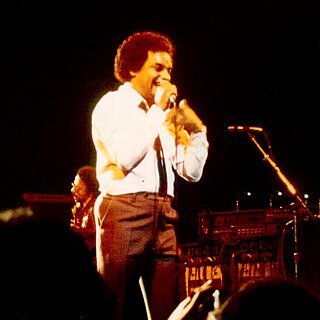
Gary U.S. Bonds is an American rhythm and blues and rock and roll singer, known for his hits "New Orleans" and "Quarter to Three".
Uptown may refer to:

Irma Thomas is an American singer from New Orleans. She is known as the "Soul Queen of New Orleans".
Historically, Storyville, New Orleans was the red light district of the city in Louisiana.

Fird Eaglin Jr., known as Snooks Eaglin, was an American guitarist and singer based in New Orleans. In his early years he was sometimes credited under other names, including Blind Snooks Eaglin, "Lil" Snook, Ford Eaglin, Blind Guitar Ferd.
Samuel Barclay Charters IV was an American music historian, writer, record producer, musician, and poet. He was a widely published author on the subjects of blues and jazz. He also wrote fiction.
The Radiators, also known as The New Orleans Radiators, are an American swamp rock band from New Orleans, Louisiana, United States. The band's musical style, which draws from blues, rock, rhythm and blues, funk and soul music, has attracted a dedicated fanbase who the band calls "fish heads". Described by OffBeat magazine as "New Orleans' longest-running and most successful rock band", The Radiators had only limited commercial success, with only a handful of chart appearances, but, as a party band from a party town, their enthusiastic live performances, danceable beats and relentless touring earned the band a dedicated following and the admiration of many of their peers.

Cyril Garrett Neville is an American percussionist and vocalist who first came to prominence as a member of his brother Art Neville's funky New Orleans-based band, The Meters. He joined Art in the Neville Brothers band upon the dissolution of the Meters.
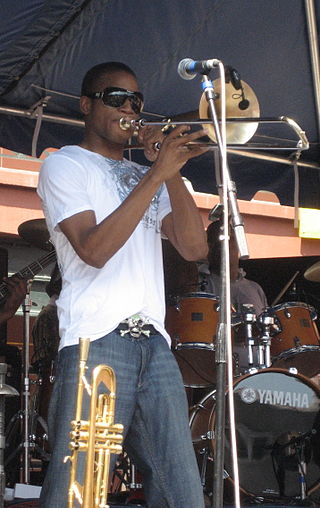
Troy Andrews, also known by the stage name Trombone Shorty, is an American musician, producer, and philanthropist from New Orleans, Louisiana. He is best known as a trombone and trumpet player but also plays drums, organ, and tuba. He has worked with some of the biggest names in rock, pop, jazz, funk, and hip hop. Andrews is the younger brother of trumpeter and bandleader James Andrews III and the grandson of singer and songwriter Jessie Hill. Andrews began playing trombone at age four, and since 2009 has toured with his own band, Trombone Shorty & Orleans Avenue.
"See See Rider", also known as "C.C. Rider", "See See Rider Blues" or "Easy Rider", is a popular American 12-bar blues song that became a standard in several genres. Gertrude "Ma" Rainey was the first to record it on October 16, 1924, at Paramount Records in New York. The song uses mostly traditional blues lyrics to tell the story of an unfaithful lover, commonly called an "easy rider": "See see rider, see what you have done", making a play on the word "see" and the sound of "easy".
"Come On" is a song written by New Orleans rhythm and blues artist Earl King. He first recorded the song as "Darling Honey Angel Child" in 1960 for the Ace Records subsidiary Rex. Later that year, he recorded it as a two-part song for Imperial Records using some new lyrics. Retitled "Come On", it was released in 1960 with "Come On – Part I” as the A-side backed with “Come On – Part II”.
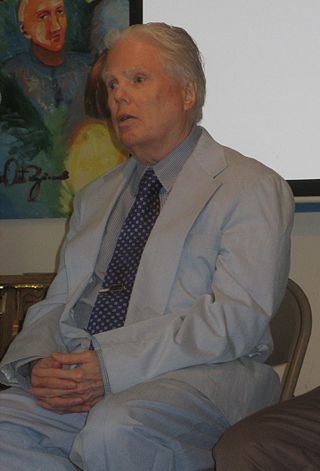
George Herman Buck Jr. was an American entrepreneur who devoted much of his life to recording jazz by producing albums and acquiring the rights to those produced by companies established by others. Buck acquired the inventories of record labels and transcription discs made by radio broadcasting companies decades earlier. He was a major record collector. Until his death at age 84, he ran his businesses and philanthropy. He began his radio career as a partner in radio station WJNO in West Palm Beach.